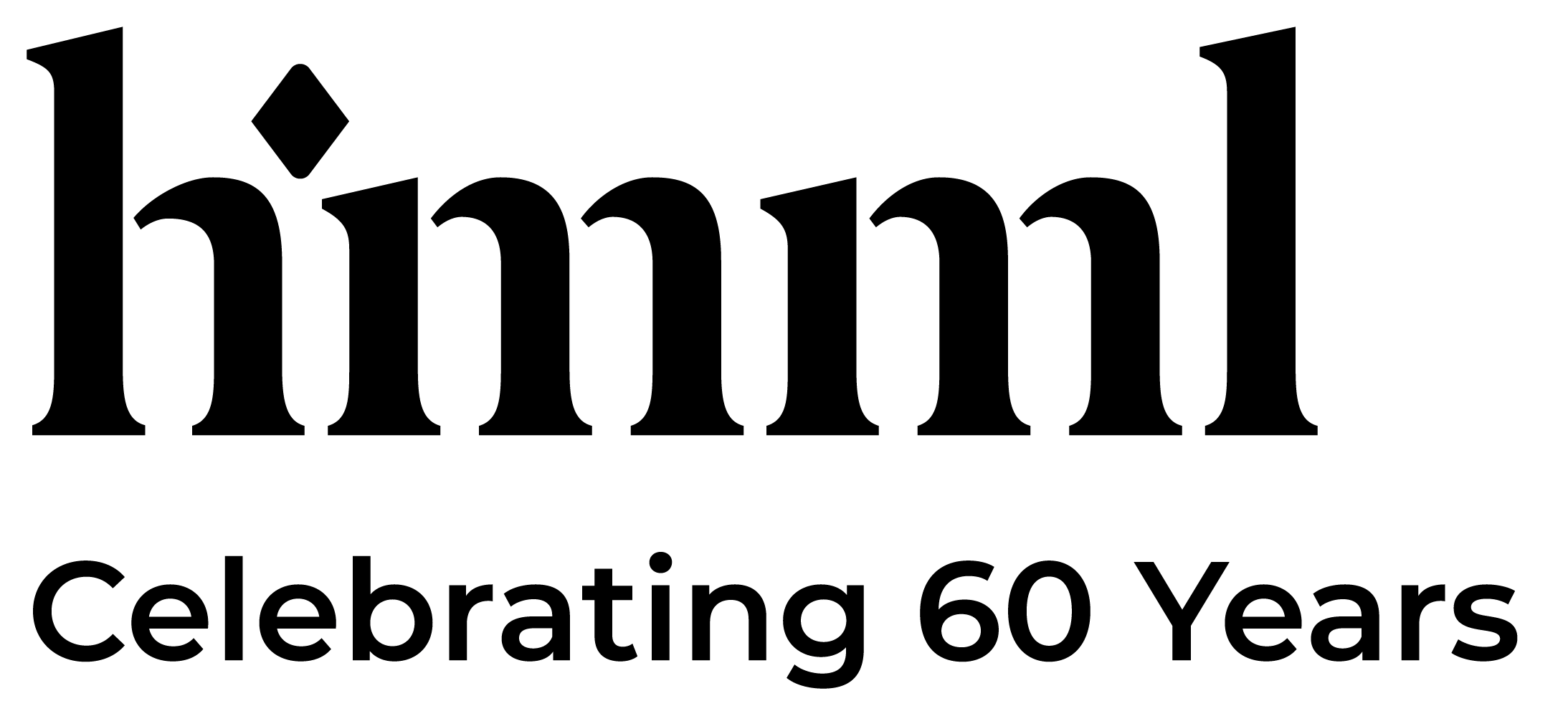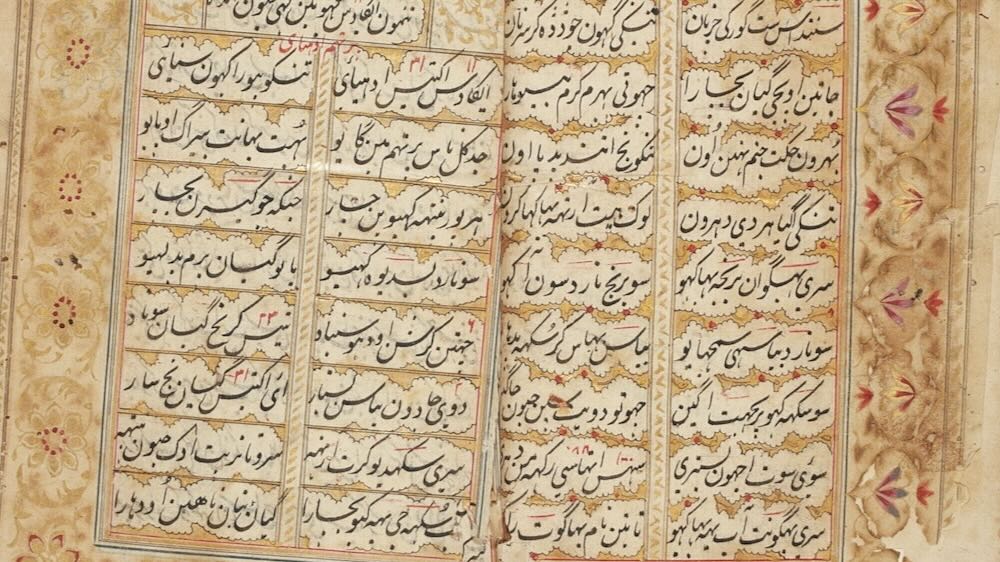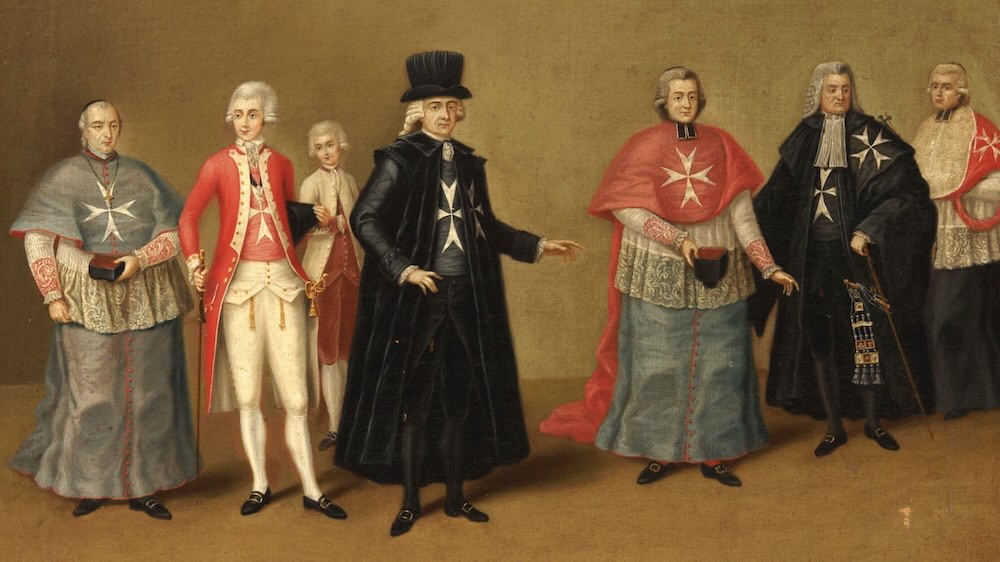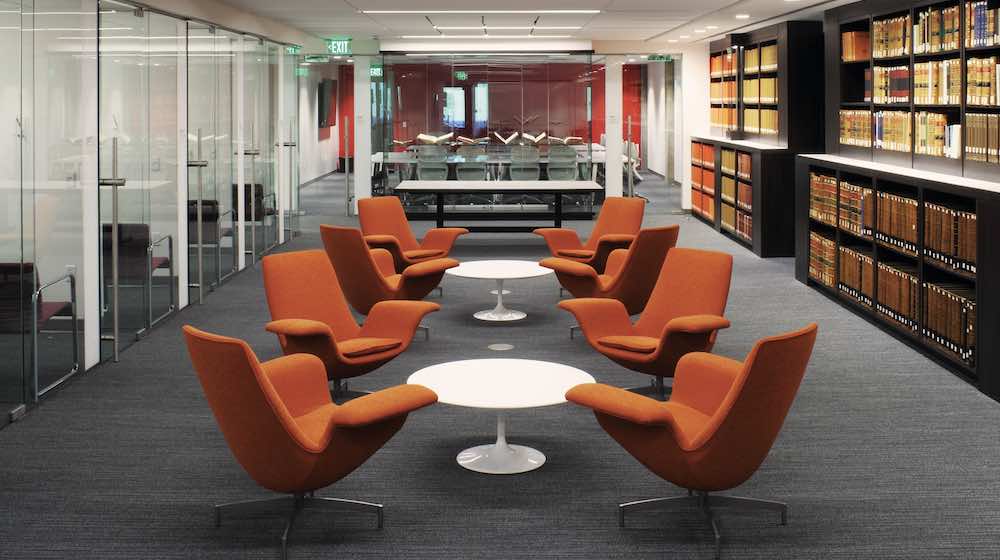Meet Mariam Magdy Clark
Meet Mariam Magdy-Clark
Mariam Magdy-Clark, assistant metadata librarian, began her work at HMML in 2024. With a BA in Art History & Digital Humanities from UCLA and an MS in Library and Information Science from the University of Illinois Urbana Champaign, before joining HMML she worked at the Aiso Library of the Defense Language Institute Foreign Language Center (Monterey, California) and in the Collection Information & Access department of the J. Paul Getty Museum (Los Angeles, California). Fluent in English, Spanish, and Arabic, Ms. Magdy-Clark also studied Italian and has an interest in Latin.
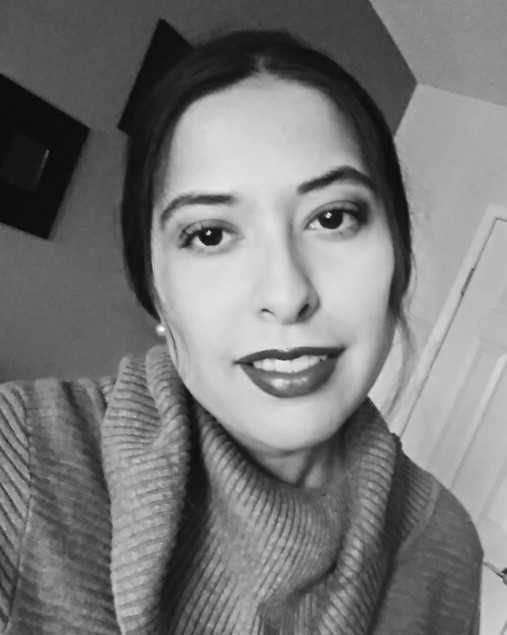
What experiences led you to your work with HMML?
I’ve always been drawn to the stories behind art and artifacts, which led me to study Art History and Digital Humanities in undergrad. Through my MS in Library and Information Science—and hands-on roles like cataloging at the Defense Language Institute’s library and working in collections management at the J. Paul Getty Museum—that passion evolved into a strong interest in how data can support cultural heritage work. Joining HMML felt like a natural step—combining my love for history with my skills in organizing and enriching data to help preserve and share global stories.
What does an assistant metadata librarian do? How do you see your role?
As an assistant metadata librarian at HMML, I help ensure that the information connected to each manuscript—like names, places, and historical context—is accurate, consistent, and searchable. That means creating and editing authority records, auditing metadata, and researching details to support the cataloging team. I see my role as a bridge between the raw data and the people who use it, helping make HMML’s collections more accessible, meaningful, and connected across languages, cultures, and time periods.
What excites you about your work?
What excites me most about my work is that I’m constantly learning—whether it’s a new historical detail, a rare manuscript tradition, or how to refine metadata to better serve users. Every day brings something different. I also love that HMML connects me with people from all over the world—catalogers, scholars, and curators—who share a passion for preserving cultural heritage. It’s inspiring to be part of a global effort that’s both deeply collaborative and intellectually rewarding.
Why does cultural heritage preservation matter to you?
Cultural heritage preservation matters to me because it protects the stories, knowledge, and identities of communities that might otherwise be lost or overlooked. It’s a way of honoring the past while making it accessible and meaningful for future generations. I’m especially drawn to the idea that preserving manuscripts and metadata isn’t just about saving objects—it’s about safeguarding the voices and perspectives behind them. Working in this field feels like contributing to a global memory that values diversity, resilience, and connection.
What advice would you give to someone who is considering learning another language?
Don’t be afraid to start small and make mistakes—that’s part of the process. Learning a language is really about building connections: to people, cultures, and even to history. For me, language skills have opened doors to working with diverse collections and collaborating with people around the world. Immersing yourself as much as possible—through books, conversations, media, or travel—makes a huge difference. Find something that excites you and use that as your entry point; it makes the learning feel less like a task and more like an adventure.
